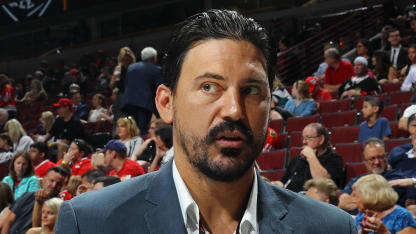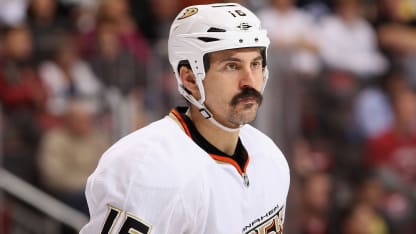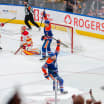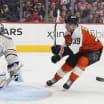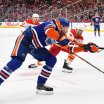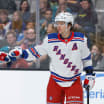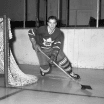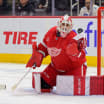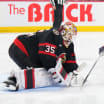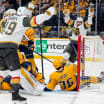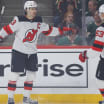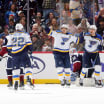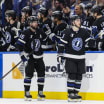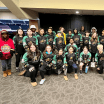"We used to be worried about headhunting and major things like that," Parros said. "Now we're worried about slashing and some more minor infractions, you might say. So the game's in a good place. There doesn't need to be a huge shake-up, a huge change in philosophy."
The NHL announced Thursday that Parros had been named senior vice president of player safety and will succeed Quintal, who is stepping down to pursue other opportunities in the game but will remain with the department to assist in the transition.
Parros would like to break with precedents on nonhockey infractions, like a retaliatory slash to the face. The GMs would have to endorse any increase in suspension severity.
"I've always thought that they could have been a bit harsher on certain plays that I felt where clearly someone intended to do something that was away from the play, had nothing to do with the game and no benefit other than to disable or hurt a person," Parros said. "Just trying to go a little bit harder on those, because I felt it's been soft in some instances."
Slashing will be a point of emphasis for the referees this season. It is common, and not every slash will result in supplemental discipline. But Player Safety will address serious incidents and look for patterns with individual players and within the League.
"If they seem to be intentful or directed at the fingers and hands with greater force, we're going to be looking to do something -- fines, suspensions, whatever it might be," Parros said. "We're going to try to change player behavior."
That has been the goal since the NHL formed the Department of Player Safety in 2011: to change player behavior, making the game safer while keeping it physical. The department has emphasized consistency, transparency and education by using video to explain each suspension and the standards, and speaking to players directly.
Parros, 37, retired in 2014 after playing 474 games over nine seasons as a forward in the NHL. He said he bothered Quintal for a job in Player Safety for two years before becoming a director in the department last season. He was known as an enforcer, with 1,092 penalty minutes compared to 36 points (18 goals, 18 assists). But he went to Princeton and had a keen mind, and unlike Shanahan and Quintal, each of whom was suspended as an NHL player, he had a clean record in terms of supplemental discipline. He felt that made him uniquely qualified.
